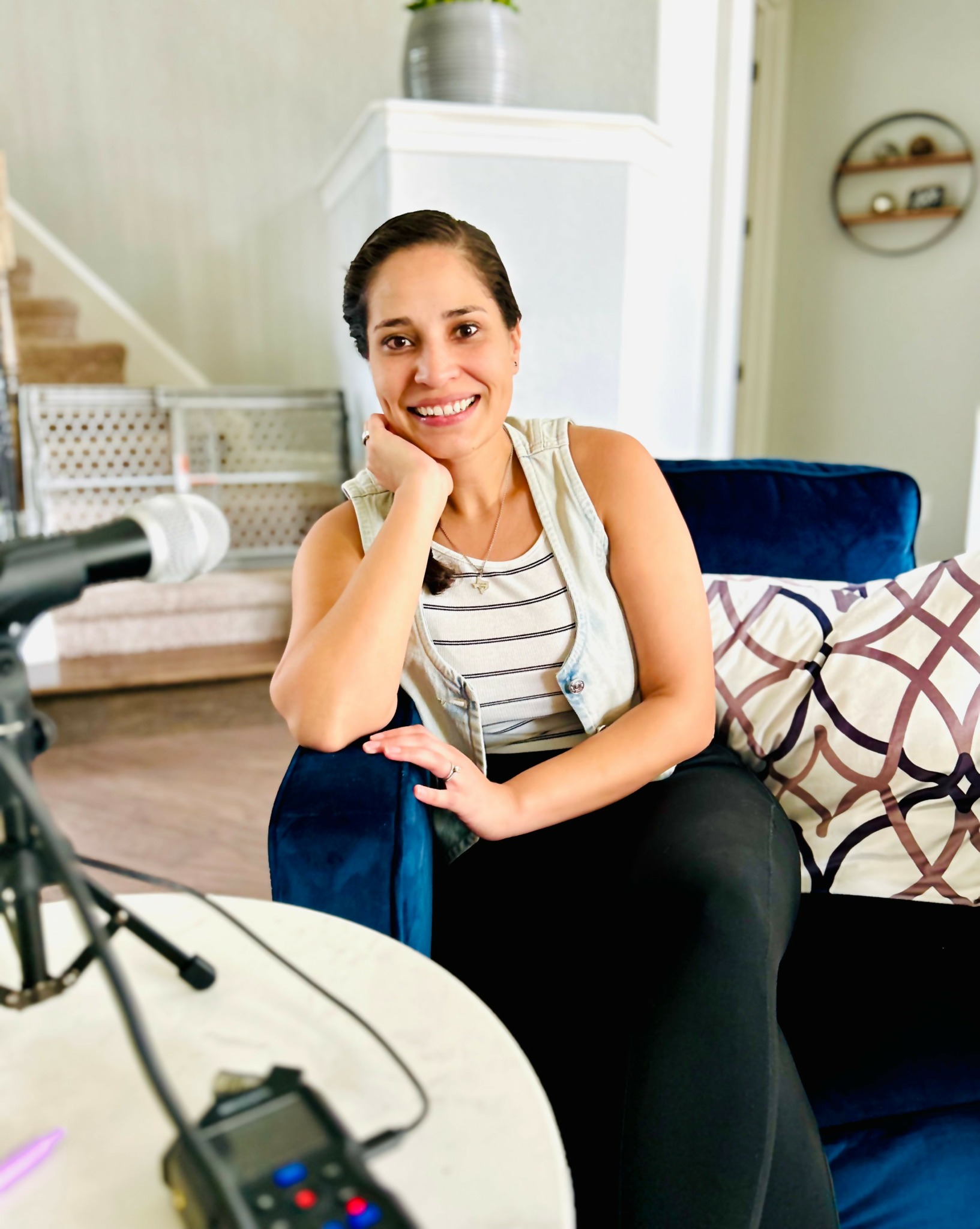Alright – so today we’ve got the honor of introducing you to Sarah Rivera. We think you’ll enjoy our conversation, we’ve shared it below.
Sarah, thanks for joining us, excited to have you contributing your stories and insights. Can you share an important lesson you learned in a prior job that’s helped you in your career afterwards?
Early in my career, I often heard the same recurring messages: “You have to earn your stripes,” “You’re not in this for the money,” and “One day, you’ll earn your seat at the table.” For a long time, I internalized these ideas, believing that self-sacrifice, burnout, and putting others’ needs above my own were simply part of the process to make a meaningful impact.
But as I advanced in my career, I came to a startling realization: there is no table. It never existed. These were generational narratives passed down in a field that often equates worth with suffering. These messages led many young, passionate professionals like myself to believe that burnout was a rite of passage—that time and struggle were prerequisites for meaningful change.
That simply isn’t true. It wasn’t true then, and it’s not true now. The reality is that we’re all on the same platform. While experience and additional training are valuable, a newer clinician’s impact can be just as meaningful as someone further along in their career.
So instead of perpetuating the idea that there’s “enough room at the table,” I challenge it. There is no damn table. It’s time to let go of that outdated metaphor and build something entirely new—one that centers collaboration, respect, and shared purpose without hierarchy or gatekeeping.


Sarah, before we move on to more of these sorts of questions, can you take some time to bring our readers up to speed on you and what you do?
As a trained mental health professional, my work has expanded beyond the therapy room into mentoring and supporting other developing mental health professionals. My business, The Counselor’s Mentor, is dedicated to providing guidance, mentorship, and support at every stage of a clinician’s journey.
Whether it’s navigating the challenges of graduate school, transitioning to temporary licensure and supervision, or entering the field of mental health through agency work or private practice, I aim to offer meaningful insight and support. For me, it’s crucial to eliminate the competitive mindset within our profession so we can all get out there quickly and deliver exceptional care to those who need it most.
I believe we should be beacons of support and guidance, referring clients to other professionals when necessary and fostering collaboration instead of competition. Through one-on-one coaching, mentorship groups, training sessions, and community mental health workshops, my mission is to reach, teach, and inspire the next generation of clinicians.

What do you think helped you build your reputation within your market?
Building a strong business reputation is no easy feat, but I believe it comes down to two key elements: consistency and reliability. Consistently showing up and being a dependable source of information establishes trust. Once you position yourself as an expert in your field—whether it’s a product, service, or subject—it’s crucial to follow through on the promises you’ve made.
There’s nothing worse than relying on someone to deliver support, only to be met with inconsistency and unreliability. To avoid this, a business must remain innovative and stay closely connected to its client base. This requires fostering authentic relationships.
When consistency, reliability, and genuine relationships are cultivated over time, a natural progression occurs. This allows the community to trust not only the services but also the people behind the mission. Over time, this trust evolves into a solid reputation.

We often hear about learning lessons – but just as important is unlearning lessons. Have you ever had to unlearn a lesson?
As a new business owner, I was overwhelmed by the sheer amount of information needed to build a sustainable practice. I invested countless hours, energy, money, and effort into creating both a business and a brand. The lesson I initially absorbed was that hard work, grit, and constant effort were the keys to success and fulfillment.
Over time, however, I realized that maintaining this relentless pace is not sustainable. This approach often leads to burnout and, as I call it, a gradual internal implosion. This shouldn’t be part of the entrepreneurial journey. While intense effort may be necessary at certain stages—particularly during the startup phase—it’s crucial to unlearn the belief that this level of output is required at all times.
Discretion and awareness of your bandwidth, including your time, energy, circumstances, and resources, are essential. These factors should guide how much effort and investment you put in. One of the hardest lessons for entrepreneurs is understanding that the tenacity needed at the beginning is not the same as what’s required long-term.
What happens when you’re three, four, or five years into your business? At that point, a different approach is needed—one that prioritizes sustainability, balance, and long-term growth..


Contact Info:
- Website: https://thecounselorsmentor.com/
- Instagram: https://www.instagram.com/thecounselorsmentor/
- Linkedin: https://www.linkedin.com/in/sarah-rivera-lpcs
Image Credits
Saulo Rodriguez Tomas Rivera


